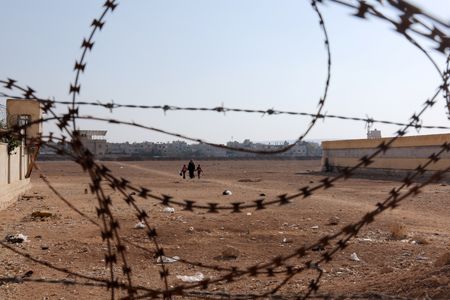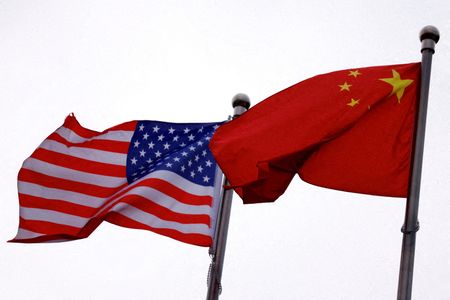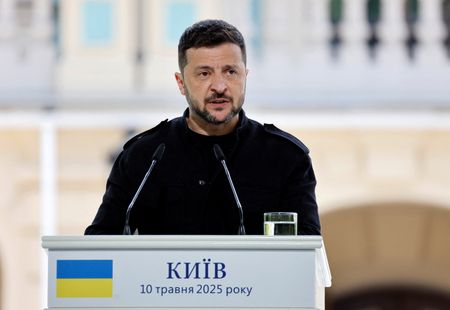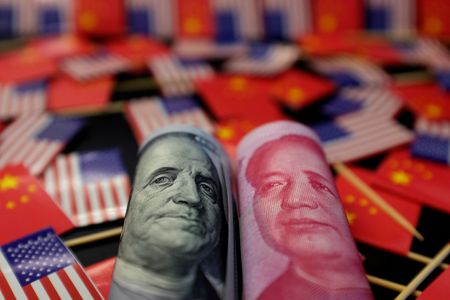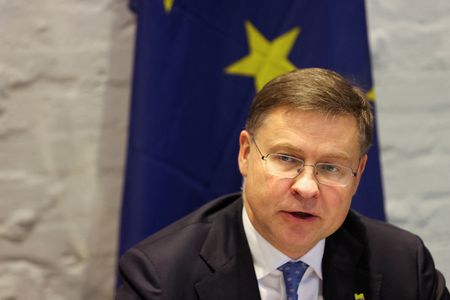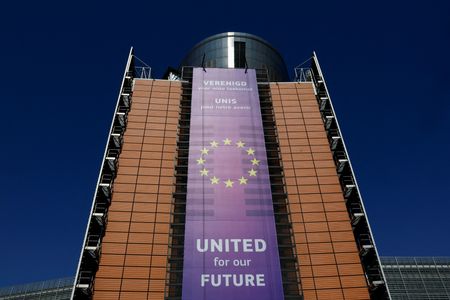By Lili Bayer
BRUSSELS (Reuters) – Instability in Syria could pose security risks for Europe, according to a draft internal EU counter-terrorism document seen by Reuters warning that the overall terror threat level remains high.
European officials have been cautiously optimistic about Syria’s new leadership – which came to power in December after overthrowing former President Bashar al-Assad – despite its Islamist roots.
But they are worried about volatility in northeast Syria.
“Terrorism and violent extremism continue to pose a significant threat to the European Union and its Member States. The overall threat level remains high,” the document said.
“Developments in the security situation in Syria could lead to the resurgence of jihadist groups in the region either with a risk of departure from Syrian territory, possibly to Europe, or through the remote activation of jihadists on the European continent,” it added.
The May 9 draft outlines recommendations and notes that “Islamist/jihadist terrorism remains the most prominent threat to the European Union”.
European officials worry that as Syria undergoes political transition, terror groups could form in the country or prisoners involved in past extremist activity could be released.
Islamic State controlled swathes of Syria and Iraq at the peak of its power from 2014-2017 when it imposed hardline Islamist rule over millions of people. Western nations fear the new authorities’ inability to control the entire country is opening the door for a resurgence.
Kurdish-led authorities run camps for Islamic State-linked prisoners in northeast Syria and began organising large-scale returns in January because of the change of government.
Syria’s interim President Ahmed al-Sharaa remains on a United Nations terrorism sanctions list for his previous leadership of Islamist armed group Hayat Tahrir al-Sham, a former al Qaeda affiliate.
Nevertheless, French President Emmanuel Macron, who met with al-Sharaa earlier this month, said he would urge the EU to end sanctions on Syria.
(Reporting by Lili Bayer in Brussels, John Irish in Paris; Editing by Makini Brice)

